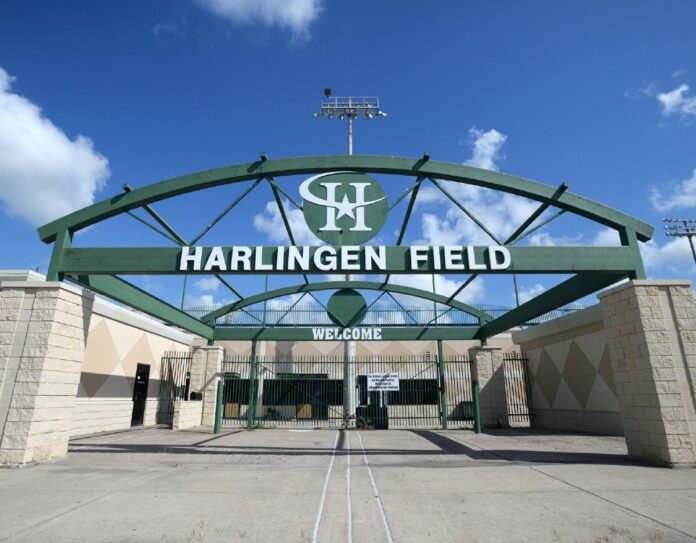HARLINGEN — After months of planning, the city has launched the first phase of an $8.5 million super park aimed at drawing residents and visitors.
Yesterday evening, city commissioners met with members of the Harlingen Community Improvement Board on spending $2.6 million to fund the first phase of the project to turn Lon C. Hill Park into a so-called destination park.
The Community Improvement Board, with a $6.4 million fund balance derived through sales tax revenue, will finance the project.
“At this point we’re on target with our budget,” Jesse Robles, the board’s chairman, said.
The first phase will lay the super park’s foundation, featuring a $279,025 entry court and a $554,545 center plaza while including $587,957 worth of walkways and $494,860 earmarked for parking lots.
The park’s foundation paves the way for four proposed phases that would include features such as an amphitheater, athletic courts, an adaptive field aimed at special needs children, a discovery center and a dog park.
The project’s fifth phase is expected to include construction of a $1.2 million retractable roof to cover Harlingen Field.
The park is expected to feature everything from concerts, art exhibits and sports events.
“It’s for all walks of life and all age groups,” City Manager Dan Serna said.
Serna said the park will feature a walkway leading to the $16.7 convention center expected to be completed by about the end of the year.
“It’ll be a park for citizens to enjoy and for visitors who stay at our hotels,” Serna said.
Construction, set to begin in March, is expected to be completed in October 2019.
The plan to develop a destination park ranks among the top priorities in the city’s new 10-year comprehensive plan.
For months, officials debated funding for the project, originally carrying a price tag of $12.9 million.
Then last year, officials downscaled the project.
First, Commissioner Michael Mezmar spoke out against borrowing money to build the super park.
Then, Commissioner Tudor Uhlhorn said he did not want to squeeze the Community Improvement Board’s budget, fueled by sales tax revenue earmarked to fund so-called quality of life projects, including the convention center.
Now, the city plans to use cash and grants to build the park in five phases, stretching out the project for as long as eight years.





